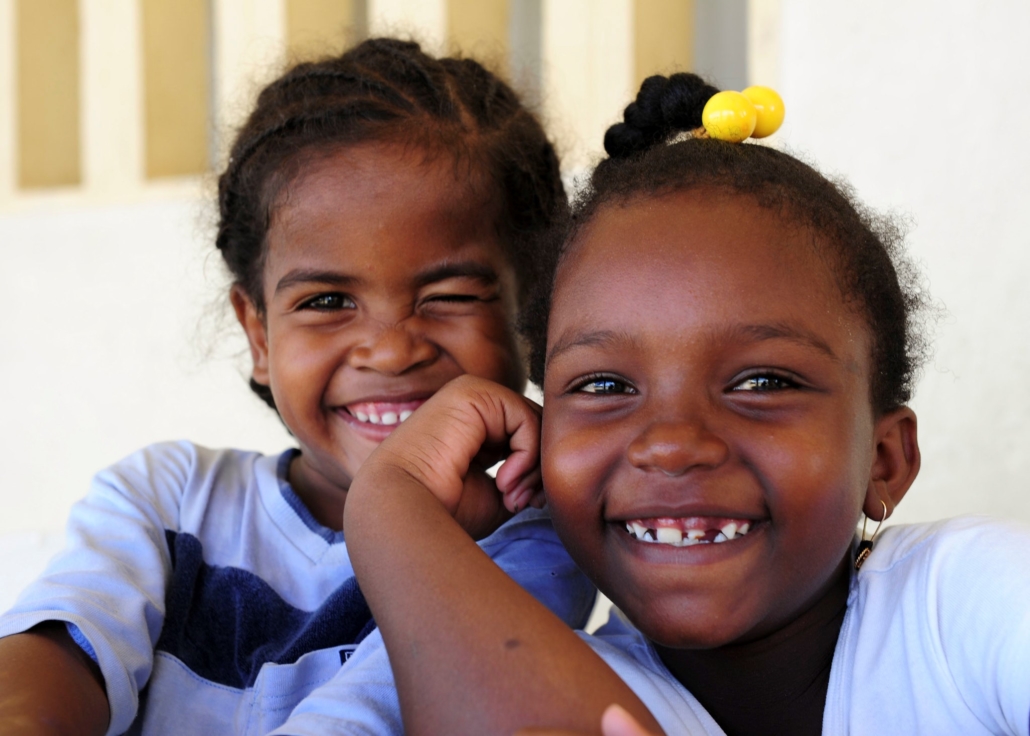Foreign Aid and The Impacts of COVID-19 in Guyana

Guyana, the only English-speaking country in South America, shares borders with Suriname, Venezuela and Brazil. According to 2021 data from the World Population Review, Guyana is the 17th most impoverished nation on the continent. Guyana’s economy relies mostly on its natural resources and has seen great improvements since the discovery of petroleum and gas reservoirs in 2015. However, the COVID-19 pandemic has affected the country socially and economically. Fortunately, foreign aid is contributing to Guyana’s recovery and the safeguarding of its population during COVID-19 in Guyana. Here is some information about the impacts of COVID-19 in Guyana including measures to help the country deal with the pandemic.
The Impacts of COVID-19 in Guyana
Similar to the rest of the world, Guyana has not been exempt from the impacts of COVID-19. By September 19, 2021, Guyana reported a total of 29,553 COVID-19 cases and 725 deaths.
In 2020, the United Nations Development Programme (UNDP) assessed the socioeconomic impacts of the COVID-19 pandemic in Guyana and found alarming results. Telephone survey results indicate that about 10% of respondents cannot access healthcare, mostly because health centers are not equipped with the necessary medical supplies and limited healthcare facilities lead to overcrowding.
Furthermore, almost 60% of respondents reported concerns of not having adequate food during COVID-19 and “22% have skipped meals since the pandemic” began. Spending more than 60% of their income on food supplies is the reality of 18% of respondents. Income cuts affect 20% of respondents, with businesses closing down or “reduced work” accounting for 70% of these income losses. People who have had to dip into their savings due to financial difficulties make up 52% of the respondents and roughly 70% of “households indicated a need for priority assistance, including cash, food and hygiene products.” The financial impacts of COVID-19 impact women-headed households the most as 76% required financial help.
Foreign Aid Counts
In 2021, Guyana has received three shipments of COVID-19 vaccines from the COVAX Facility — a partnership between “global [nonprofits] and leaders in vaccine development and distribution,” totaling 100,800 doses. France has also donated 19,200 extra doses to Guyana. These numbers together represent approximately 23% of all doses administered up until September 2021 when the same percentage of people had been fully vaccinated and 44% had at least started the vaccination protocol.
In June 2021, the World Bank approved $6 million in financial aid for the Guyana COVID-19 Emergency Response Project. This aid is not only for the purchase of vaccines but also for awareness-raising efforts and overall improvements in the country’s health system.
Finally, the United States has been one of the major allies improving Guyana’s situation, donating $1.3 million to aid Guyana’s COVID-19 response. The global superpower also benefits from helping Guyana stabilize socially and economically since the two countries have strong bilateral economic relations; the nations rely heavily on each other for imports and exports of goods, for example. In August 2021, the U.S. also shipped 146,250 cost-free Pfizer vaccine doses to the country. Guyana’s Ministry of Health stated that it has enough doses to immunize all Guyanese adults thanks to its foreign “friends.” Widespread vaccination is essential in fighting the global pandemic and reducing social-economic instability.
Looking Ahead
Guyana’s economy has been growing exponentially since the discovery of oil and gas reserves on its coast. However, the pandemic has impacted the well-being of a great part of the population with widespread job losses, income cuts and difficulties accessing healthcare, among other challenges. Foreign aid plays an essential role in Guyana’s path to recovery, mostly by accelerating immunization and promoting the improvement of the country’s health system. The United States is one of Guyana’s main donors and partners, benefiting directly from Guyana’s upturn.
– Iasmine Oliveira
Photo: Flickr
